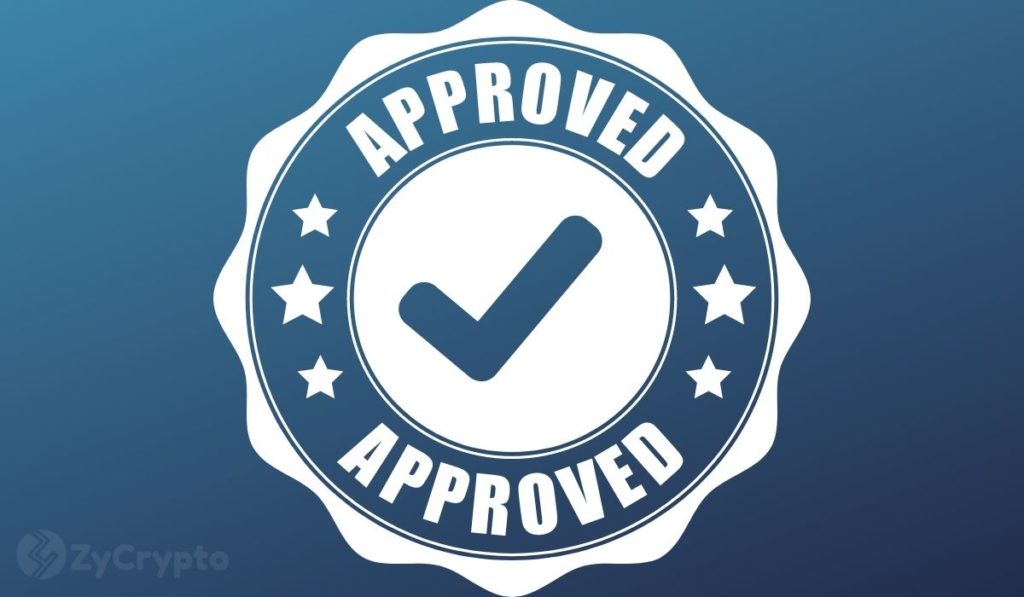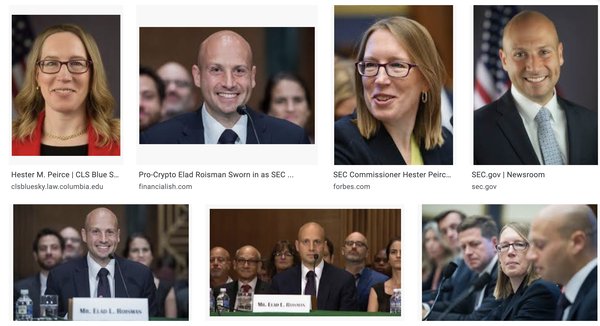
2021-10-3 19:44 |
Key takeaways
Singapore’s MAS issues full licensure approval for DBS Vickers (DBSV) and Independent Reserve to provide digital payment token services.Other cryptocurrency exchanges and businesses are still under “in principle approval.”Industry players are however hopeful that Singapore’s move is for the best as the country has been becoming more crypto-friendly.The Monetary Authority of Singapore (MAS) under the Payment Services Act of 2019 (PS Act) has granted licenses to DBS Vickers (DBSV) (the brokerage arm of DBS Bank), and Independent Reserve (an Australian cryptocurrency exchange) to provide digital payment token services.
For DBSV, the license means that it can directly support asset managers and companies to trade in digital payment tokens through its partnership with DBS Digital Exchange (DDEx). The exchange has hailed the approval as a significant milestone that will aid their ability to provide institutional and corporate investors a range of services across the digital assets industry including tokenization, listing, trading, and custody.
“We believe that DBSV’s license, coupled with recent enhancements to DDEx such as round-the-clock operations since August, could add to DDEx’s volumes in the coming months and accelerate growth momentum for DBS’ digital asset ecosystem.” Head of Capital Markets at DBS and Chair of the DBS Digital Exchange, Eng-Kwok Seat Moey said in the official press release of the firm.
Independent Reserve, with the license approval, has become the first foreign firm to become a Virtual Assets Services Provider (VASP) to obtain full licensure approval in the South East Asian country. Having passed the MAS’s rigorous examination of its customer protection, transaction screening, anti-money laundering compliance, and system security policy, the Australian exchange is confident that it would thoroughly meet the needs of financial institutions looking to trade digital assets.
Independent Reserve was also one of the first crypto-businesses to receive an “in-principle approval” license to operate in the country. It first announced this achievement in August when it boasted besting around 170 other applicants in the country that also applied for licenses.
Singapore has set out to provide clear regulations for the crypto-industry in the country. Under its PS Act, all providers of digital token services including cryptocurrency exchanges are required to be licensed.
Currently, the MAS is still reviewing the applications of several other exchanges including Coinbase, Gemini, and Binance Singapore – the local subsidiary of Binance global. These exchanges are operating in the country under an exemption as part of the transitional arrangement. However, the outlook for the industry is hopeful as key players, including the CEO of Independent Reserve Adrian Przelozny, have noted that a well-regulated environment will benefit both investors and crypto-industry stakeholders.
This is especially so as Singaporeans have shown a lot of interest in cryptocurrencies and are highly aware of cryptocurrencies. According to a survey carried out by Independent Reserve in July, over 90% of Singaporeans know what cryptocurrencies are, 43% already own cryptocurrencies, and another 46% plan to invest in the asset class.
Singapore’s move is in contrast with China, their fellow Asian country, that has been bent on hindering the crypto-industry.
origin »Bitcoin price in Telegram @btc_price_every_hour
Global Cryptocurrency (GCC) на Currencies.ru
|
|















